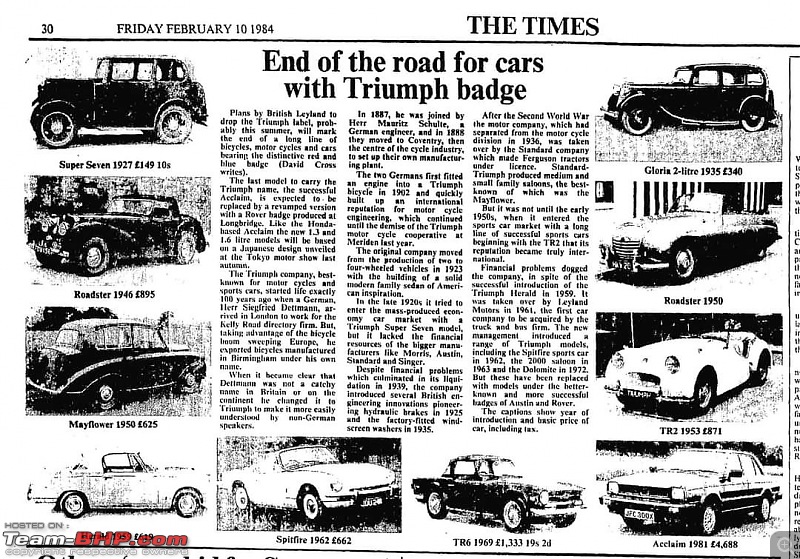| | #31 |
| Distinguished - BHPian  | |
| |  (3)
Thanks (3)
Thanks
|
| |
| | #32 |
| Senior - BHPian Join Date: Jul 2009 Location: Emerging Metro
Posts: 3,352
Thanked: 1,947 Times
| |
| |  (1)
Thanks (1)
Thanks
|
| | #33 |
| Distinguished - BHPian  | |
| |  (3)
Thanks (3)
Thanks
|
| | #34 |
| Distinguished - BHPian  Join Date: Jun 2007 Location: Chennai
Posts: 10,990
Thanked: 26,379 Times
| |
| |  (3)
Thanks (3)
Thanks
|
| | #35 |
| BANNED Join Date: Apr 2008 Location: Bangalore
Posts: 11,368
Thanked: 23,142 Times
Infractions: 0/2 (8) | |
| |  (2)
Thanks (2)
Thanks
|
| | #36 |
| Distinguished - BHPian  | |
| |  (2)
Thanks (2)
Thanks
|
| | #37 |
| Senior - BHPian Join Date: Feb 2005 Location: Varkala
Posts: 1,536
Thanked: 2,489 Times
| |
| |
| | #38 |
| Distinguished - BHPian  Join Date: Jun 2007 Location: Chennai
Posts: 10,990
Thanked: 26,379 Times
| |
| |  (6)
Thanks (6)
Thanks
|
| | #39 |
| BANNED Join Date: Apr 2008 Location: Bangalore
Posts: 11,368
Thanked: 23,142 Times
Infractions: 0/2 (8) | |
| |  (2)
Thanks (2)
Thanks
|
| | #40 |
| Senior - BHPian Join Date: Feb 2005 Location: Varkala
Posts: 1,536
Thanked: 2,489 Times
| |
| |
| | #41 |
| Distinguished - BHPian  Join Date: Jun 2007 Location: Chennai
Posts: 10,990
Thanked: 26,379 Times
| |
| |  (8)
Thanks (8)
Thanks
|
| |
| | #42 |
| Distinguished - BHPian  Join Date: Aug 2014 Location: Delhi-NCR
Posts: 4,071
Thanked: 64,296 Times
| |
| |  (3)
Thanks (3)
Thanks
|
| | #43 |
| Distinguished - BHPian  | |
| |  (4)
Thanks (4)
Thanks
|
| | #44 |
| Distinguished - BHPian  | |
| |  (1)
Thanks (1)
Thanks
|
 |
Most Viewed









 I have heard a lot about the British sense of humor.
I have heard a lot about the British sense of humor.